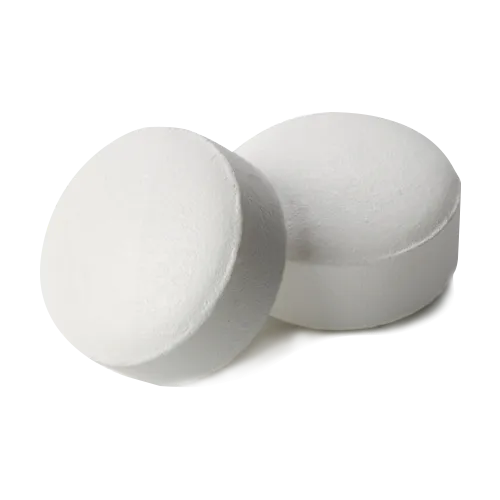Overview
Etodolac is a nonsteroidal anti-inflammatory drug (NSAID) used to manage pain and inflammation in conditions like arthritis, gout, and post-surgical discomfort. It works by reducing hormones that trigger inflammation and pain. Available in immediate-release tablets, extended-release tablets, and capsules, it offers flexible treatment options tailored to patient needs.
Key Benefits
- Pain Relief: Significantly reduces discomfort from various conditions.
- Anti-Inflammatory Action: Decreases inflammation in joints and tissues.
- Versatile Forms: Immediate and extended-release options for convenience.
- Chronic Management: Suitable for long-term use in conditions like arthritis.
Unique Properties
Etodolac selectively inhibits the cyclooxygenase-2 (COX-2) enzyme, lowering the risk of gastrointestinal issues compared to other NSAIDs. Its prolonged action supports once or twice-daily dosing, enhancing patient adherence.
Comparison with Similar Medications
Compared to other NSAIDs, Etodolac offers:
- Reduced GI Risk: Selective COX-2 inhibition minimizes stomach side effects.
- Longer Duration: Less frequent dosing improves compliance.
- Multiple Forms: Immediate and extended-release for diverse needs.
Safety and Tolerability
Etodolac is generally well-tolerated when used as prescribed. Common side effects include stomach discomfort, nausea, and dizziness. Rare but serious effects may include heart issues, GI bleeding, or liver toxicity. Regular monitoring by a healthcare provider is advised.
Indications for Use
Etodolac is prescribed for:
- Osteoarthritis: Eases pain and inflammation from joint wear.
- Rheumatoid Arthritis: Manages autoimmune joint inflammation.
- Acute Pain: Treats post-surgical, dental, or muscle pain.
- Gout: Relieves acute attack pain and inflammation.
Dosage and Administration
Adults: Immediate-release: 200–400 mg every 6–8 hours, max 1200 mg daily. Extended-release: 400–1200 mg once daily.
Children: Not typically used; provider-guided with caution.
Elderly: Lower doses, adjusted for tolerance/comorbidities.
Timing: Consistent daily, with/without food; food/milk reduces GI upset.
Frequency: Immediate-release multiple daily; extended-release once daily.
Mechanism of Action
Etodolac inhibits COX-2 enzymes, reducing prostaglandin production that causes inflammation and pain, providing relief in affected areas.
Composition
Active Ingredient: Etodolac, responsible for anti-inflammatory and analgesic effects.
Inactive Ingredients: Lactose, cellulose, magnesium stearate for tablet stability.
Side Effects
Common: Stomach pain, nausea, dizziness, headache.
Rare: Rash, fluid retention, tinnitus.
Serious: GI bleeding, heart events, liver issues require urgent care.
Prevention of Side Effects
Take with food/milk, use lowest effective dose, avoid alcohol. Regular check-ups monitor risks.
Contraindications
Avoid in hypersensitivity to etodolac, active GI bleeding, peptic ulcers, severe liver/kidney disease, or history of cardiovascular events.
Warnings and Precautions
Monitor for GI, heart, liver issues. Caution in elderly, heart disease, or kidney impairment.
Drug Interactions
Interacts with aspirin, other NSAIDs increasing GI risks; anticoagulants heighten bleeding; diuretics may reduce efficacy. Disclose all medications.
Overdose
Symptoms: severe nausea, vomiting, dizziness, confusion. Seek emergency care immediately.
Pharmacokinetics
Absorption: Well-absorbed, peak 1–2 hours.
Distribution: Protein-bound, widespread.
Metabolism: Liver to inactive metabolites.
Elimination: Urine; half-life 6–7 hours.
Dosage Forms
Immediate-release tablets/capsules (200–500 mg), extended-release tablets (400–1200 mg) for flexible dosing.
Pregnancy and Breastfeeding
Avoid in late pregnancy (Category C); excreted in milk, consult provider before breastfeeding.
Storage
Store at 20°C–25°C (68°F–77°F), dry, away from light/children. Dispose expired properly.
Clinical Evidence
Trials confirm Etodolac reduces pain/inflammation in arthritis, gout, and acute pain versus placebo.
Conclusion
Etodolac effectively manages pain and inflammation with COX-2 selectivity and flexible dosing. Follow guidance, monitor effects, and maintain a healthy lifestyle for optimal results.




